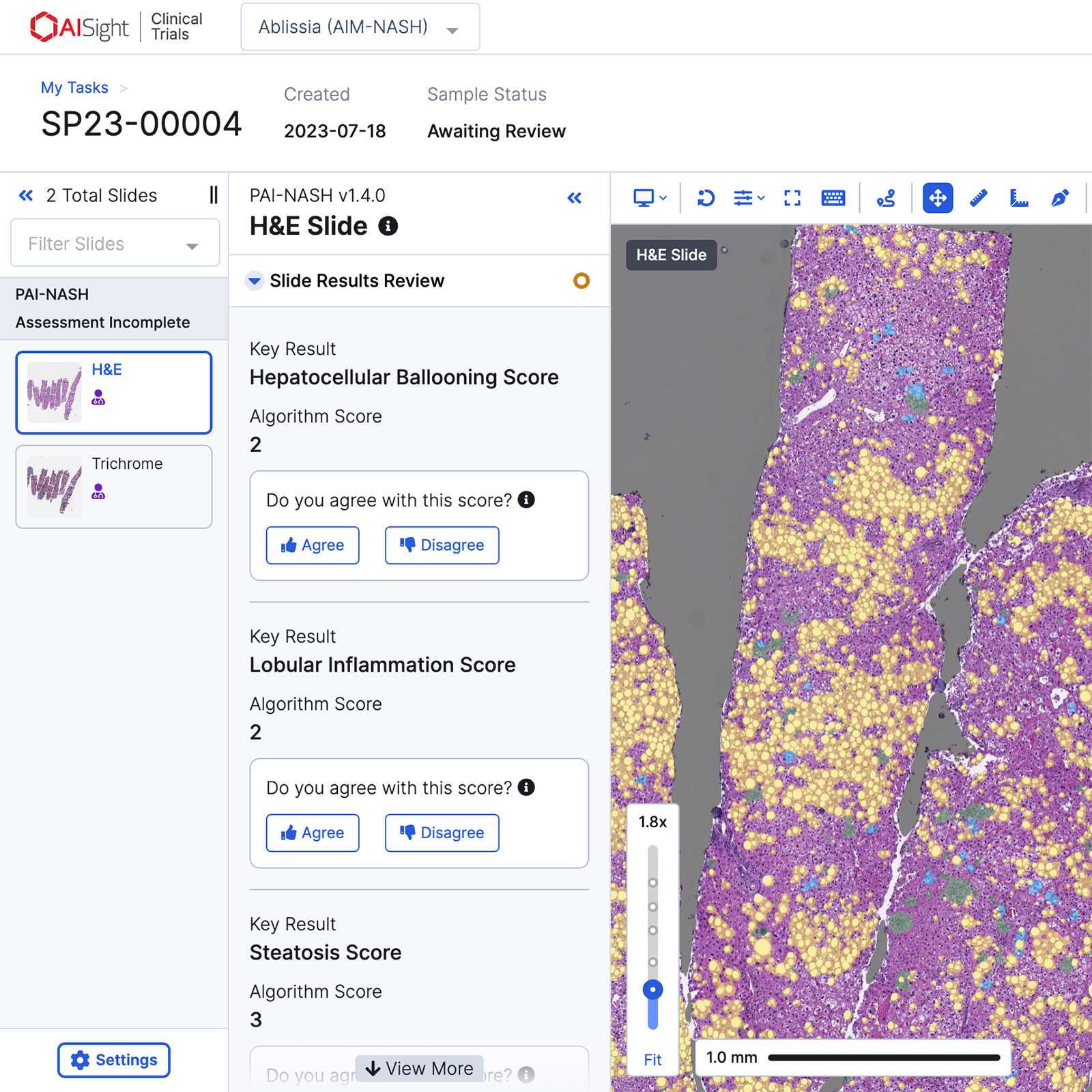What You Should Know:
- Stryker Corporation (NYSE: SYK) announced the definitive agreement to acquire care.ai, a leading company specializing in AI-powered virtual care, smart room technology, and ambient intelligence solutions.
- The acquisition of care.ai reinforces Stryker's existing healthcare IT offerings and wirelessly connected medical device portfolio. This move comes on the heels of the company's previously announced "very active deal pipeline" for the latter
Read More
Artificial Intelligence in Healthcare | News, Analysis, Insights - HIT Consultant
Kaiser Deploys Abridge’s GenAI Clinical Documentation Across Enterprise
What You Should Know:
- Kaiser Permanente, the nation's largest non-profit integrated healthcare provider, has announced the rollout of a new assisted clinical documentation tool across its extensive network.
- The solution leverages AI technology to streamline administrative tasks and empower doctors to focus on personalized care for their patients.
Prioritizing Patient-Centered Care
Available at Kaiser Permanente's 40 hospitals and over 600 medical offices in eight
Read More
Caregility Launches AI-Powered Fall Risk Detection
What You Should Know:
- Caregility Corporation, a leader in enterprise telehealth solutions, announced the release of a new fall risk detection capability within its iObserver solution. This innovative feature leverages artificial intelligence (AI) to analyze visual information from patient rooms, enabling early detection of potential fall risks and alerting caregivers accordingly.
- The new AI capability runs entirely on edge devices, eliminating the need for cloud-based processing
Read More
Fair Square Medicare Launches GenAI-Powered Voice Agent
What You Should Know:
- Fair Square Medicare, a technology company building the next generation of software solutions for Medicare companies, today unveiled Vox, a groundbreaking generative AI platform that transforms customer experience for Medicare carriers and brokerages.
- Built on GPT-4, Vox sets a new standard for leveraging AI to both interact with customers and learn from each encounter. The platform includes three pillars: AI voice agents, generative AI-driven insights and
Read More
Quantiphi Invests in Transcell to Advance AI-Driven Drug Discovery
What You Should Know:
- Quantiphi, an AI-first digital engineering company, announced a strategic minority investment in Transcell, a pioneering stem cell-based biotech innovator. This collaboration marks a significant step forward in the integration of AI and biotechnology for drug discovery and development.
- By combining Quantiphi’s AI expertise with Transcell’s stem cell technology, the partnership aims to accelerate the development of innovative treatments while reducing
Read More
US Patients Show Cautious Optimism Toward Generative AI in Healthcare
What You Should Know:
- New research from Bain & Company has revealed an intriguing trend in the healthcare industry: U.S. patients are more comfortable with generative artificial intelligence (AI) analyzing their radiology scans and making diagnoses than with AI answering the phone at their doctor's office. This finding underscores a broader trend where healthcare consumers show a preference for generative AI supporting their doctors rather than interacting directly with the
Read More
Vivid Health Expands GenAI Platform to Support Home Health Market
What You Should Know:
- Vivid Health, an AI-powered care management company, today announced it’s expanding its generative AI platform to support the home health market.
- The move will help home health agencies potentially double the number of patients they accept per day while also significantly reducing administrative burdens.
Vivid Health: Revolutionizing Healthcare with Provider Led AI™
Vivid Health is a pioneering care management company harnessing the power of Provider Led AI™
Read More
PathAI Introduces AI-Based Measurement for MASH Scoring
What You Should Know:
- PathAI, a leader in AI-powered digital pathology solutions, announced today the launch of AIM-MASH on its AISight Image Management System (IMS).
- The new product offers advanced AI-based measurement tools to support pathologists in assessing Metabolic Dysfunction-Associated Steatotic Liver Disease (MASLD) using the MASH Clinical Research Network (CRN) Activity Score.
AIM-MASH Integration with AISight
By integrating AIM-MASH with AISight, PathAI
Read More
AI-Driven Medication Advisor Launched by MedAdvisor and BEN
What You Should Know:
- MedAdvisor Solutions and Brand Engagement Network (BEN) today announced the launch of their AI-driven medication advisor.
- This innovative solution is designed to enhance patient engagement, reduce pharmacist workload, and improve medication adherence.
AI-driven Medication Advisor
The medication advisor will be showcased at the upcoming National Association of Chain Drug Stores (NACDS) Total Store Expo, where attendees can interact with a
Read More
Absci and MSK Collaborate on Generative AI Drug Discovery
What You Should Know:
- Absci Corporation, a leader in generative AI drug creation, today announced a strategic collaboration with Memorial Sloan Kettering Cancer Center (MSK) to develop up to six novel cancer therapeutics.
- By combining Absci’s AI platform with MSK’s renowned cancer research expertise, the partnership aims to accelerate the discovery and development of new treatments for this devastating disease.
Absci's Integrated Drug Creation Platform
Absci's Integrated
Read More










